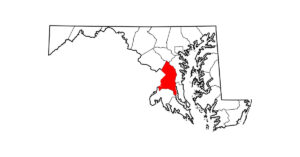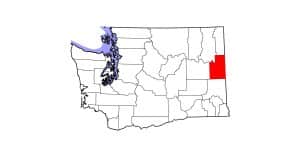Sixth Annual Purina Equine Veterinary Conference Attracts Veterinarians, Veterinary Students
With nearly 400 in attendance, this year’s Equine Veterinary Conference was the largest and one of the most successful conferences ever hosted by Purina Mills, according to Purina Mills Horse Business Group officials. The conference took place
- Topics: Article, Horse Industry News
With nearly 400 in attendance, this year’s Equine Veterinary Conference was the largest and one of the most successful conferences ever hosted by Purina Mills, according to Purina Mills Horse Business Group officials. The conference took place Oct. 28-30 in St. Louis, Mo. More than 130 senior students representing 30 different veterinary colleges from the Caribbean to Canada and all across the United States attended this conference. “I was very impressed with this professional group of students,” said Scott King DVM, veterinary marketing manager for Purina Mills Brands. “They represent the next wave of equine practitioners for our industry,”
The program included a job fair one evening that allowed students to meet with private practices searching for associates or interns. The students also had the opportunity to interact with seasoned practitioners to obtain valuable advice for their future careers. The senior students attended a breakout session with Andrew Clark, DVM, MBA, CEO of Hagyard Medical Institute in Lexington, Ky., titled “Managing Your Career and Reducing Your Debt.”
All attendees enjoyed a wide variety of speakers including Chris Pollitt, BVSc, PhD, professor in Equine Medicine in the School of Veterinary Science at Australia’s University of Queensland. Pollitt presented his latest findings in laminitis research. Michelle LeBlanc DVM, Dipl. ACT, conducted an entertaining panel discussion on various challenging reproductive case studies.
In addition to equine medicine, equine practice management was also discussed by Clark and Mary Hinton, MS, director of Human Resources at Hagyard. Purina’s PhD equine nutritionists thoroughly discussed equine nutrition topics such as insulin resistance, forage quality, feeding the broodmare and young growing horse, and nutritional consultations in private practice. “We try to make this 15-hour CE credit program very relaxed and informal and provide quality take-home messages that can be put to use in private practice,” King said
Create a free account with TheHorse.com to view this content.
TheHorse.com is home to thousands of free articles about horse health care. In order to access some of our exclusive free content, you must be signed into TheHorse.com.
Start your free account today!
Already have an account?
and continue reading.
Written by:
Press Release
Related Articles
Stay on top of the most recent Horse Health news with












